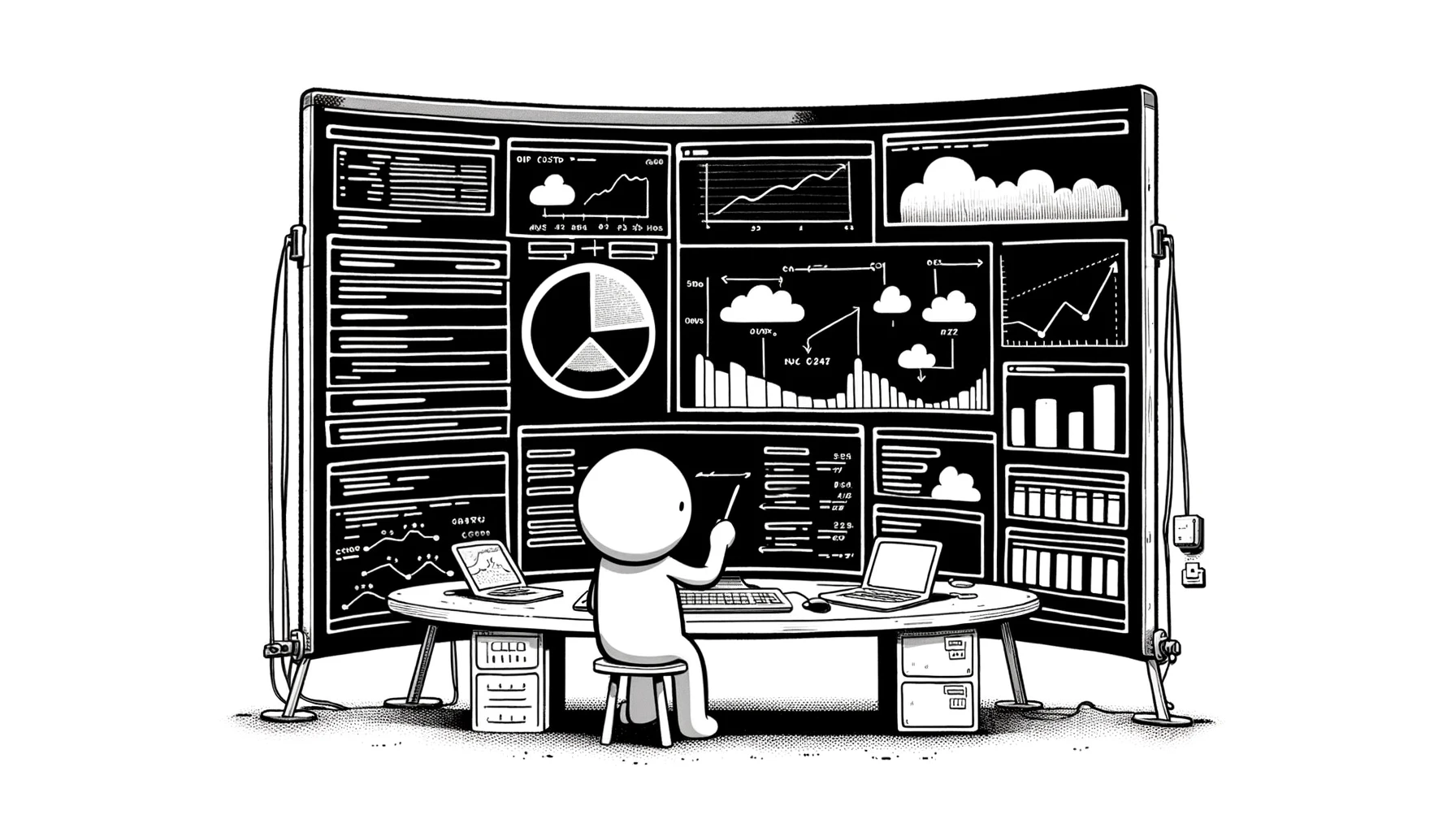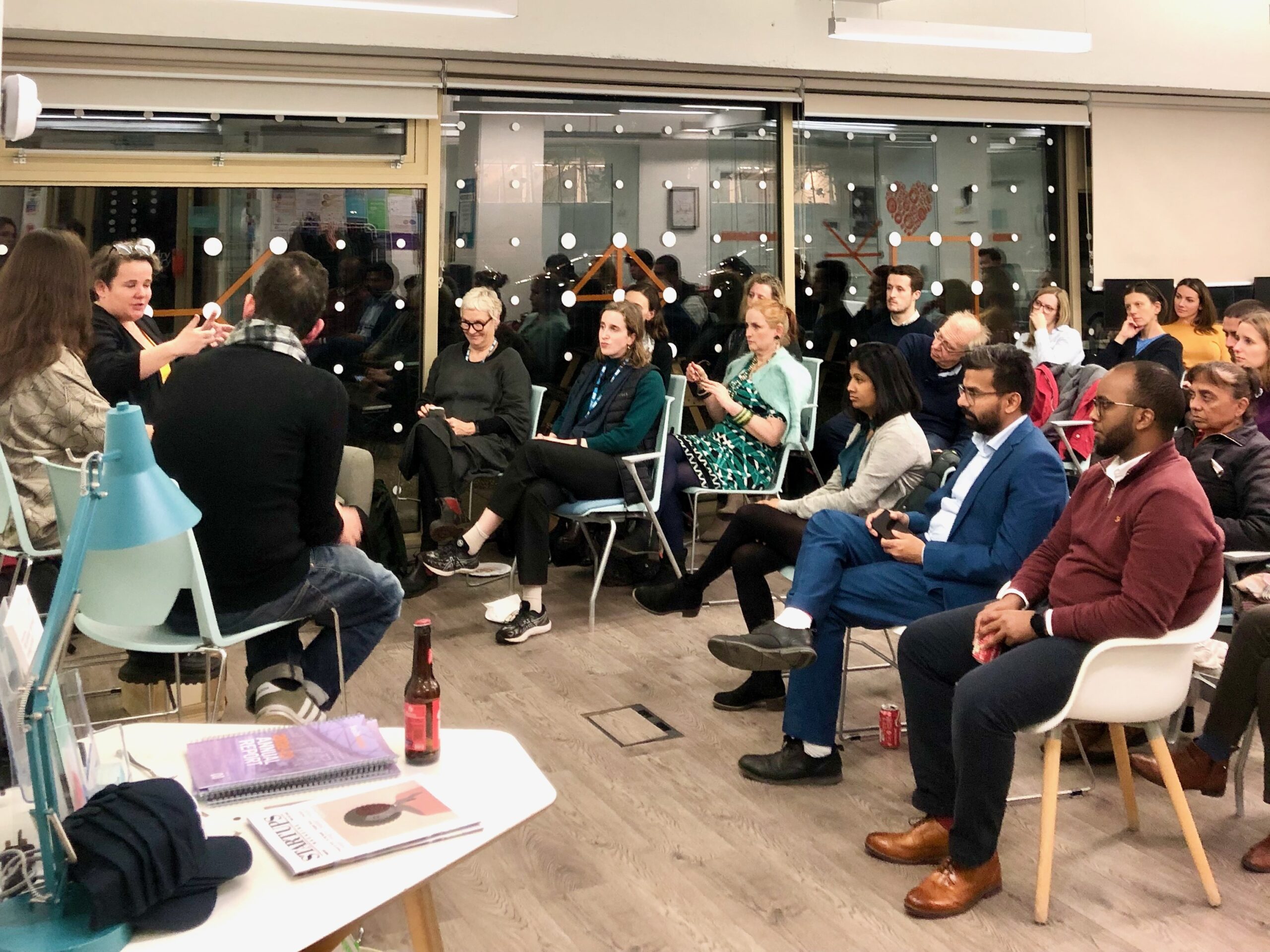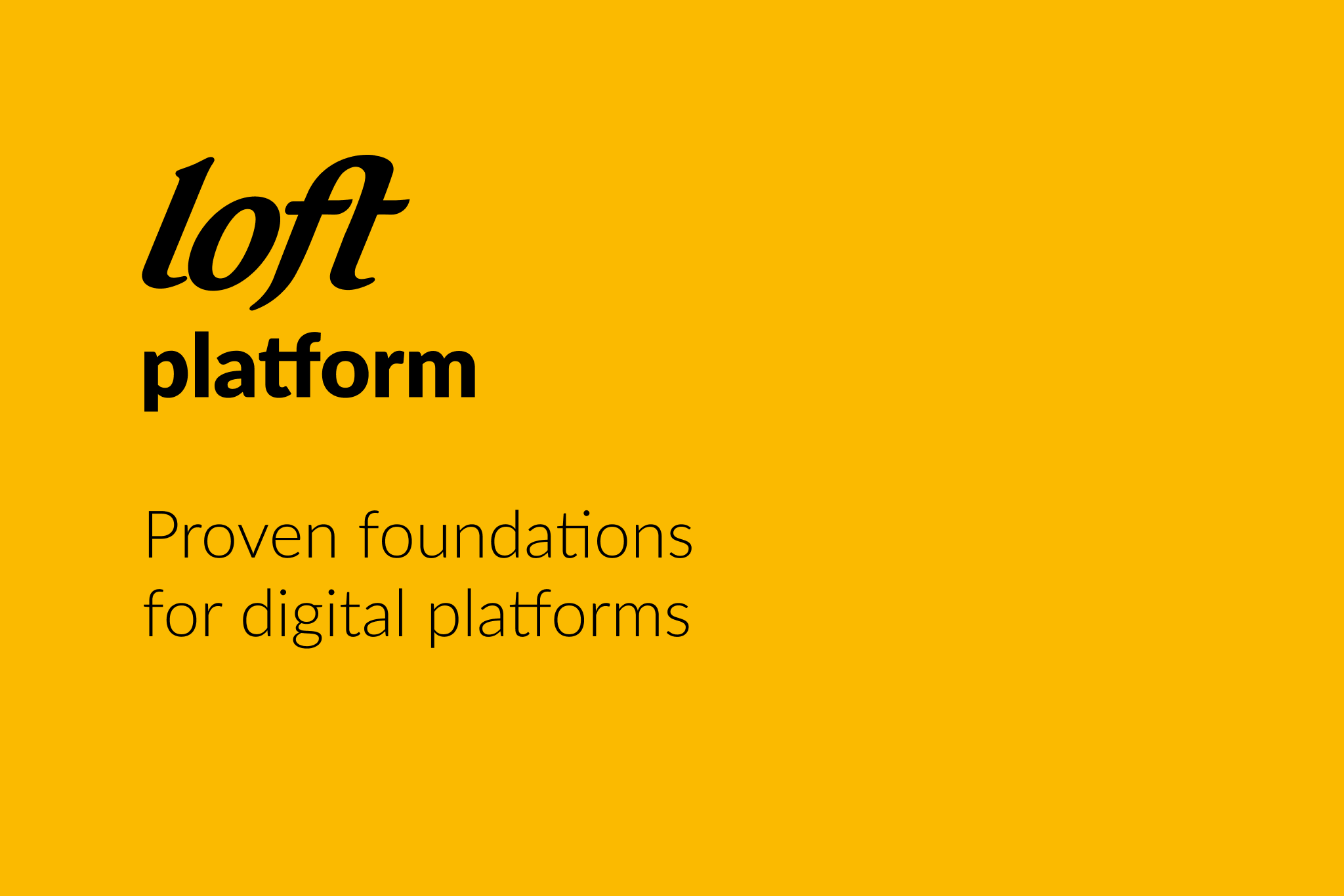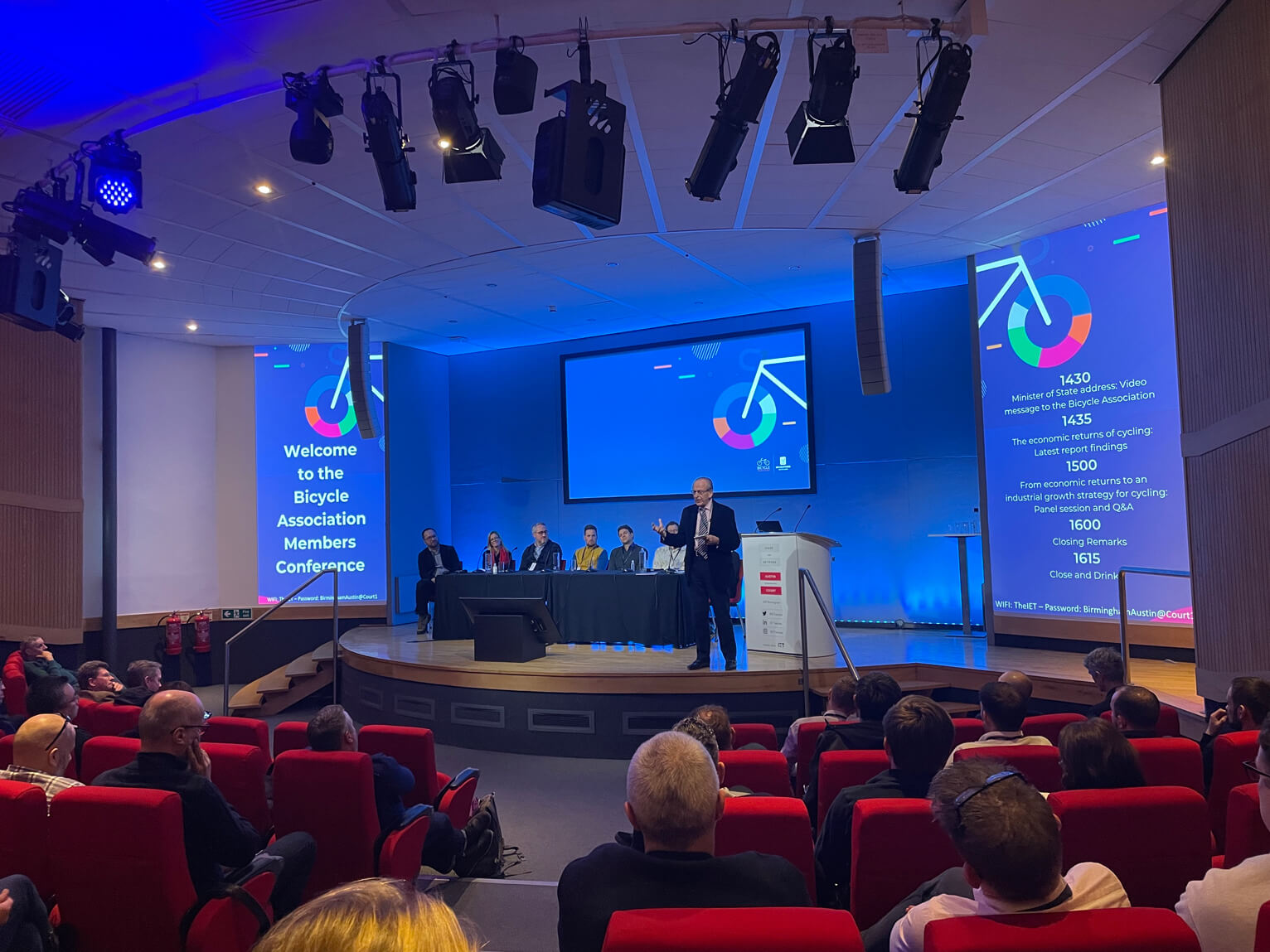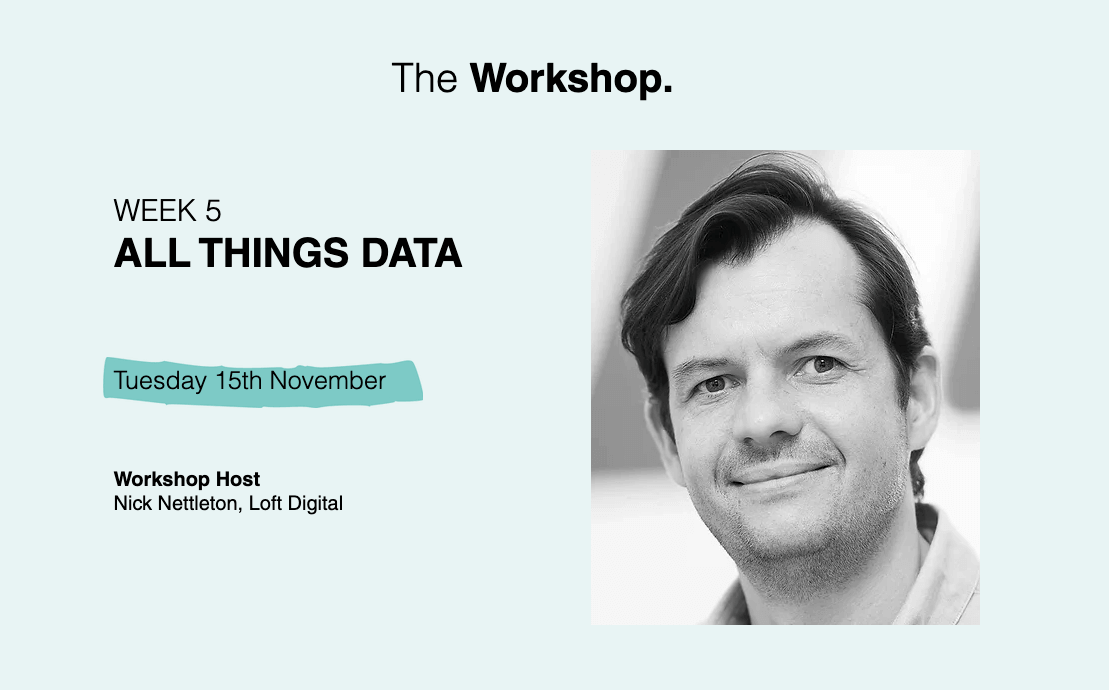Amid the global uncertainty, right now one thing is very clear: in this crisis, we are turning to tech like never before. Worldwide, at every level from private life and business to the state and global cooperation, technology forms a cornerstone to how we are responding to the impact of coronavirus.
We have apps for symptom tracking and contact tracing; machine learning for modelling and comparing epidemiological and economic scenarios; Hangouts, Teams, Slack, FaceTime and co, for collaborating with colleagues and keeping in touch with loved ones; countless digital platforms and websites providing no-contact delivery services; and so much more.
We recognise that without these things, this crisis would be so much deeper. So while economies around the globe have shut down, the data continues to flow. We need tech now like never before.
The implications of this are far reaching indeed. Decisions, ideas and systems forged now, under very difficult and uncertain conditions, will have a long lasting impact. They need to be handled at speed but also with great care.
For businesses, a new cycle of rapid digital transformation is a matter of survival. Coronavirus is not going to go away. The world needs new products, services and systems fit for the era. Existing products and services need to be reviewed and brought up to date. Some may have to be killed off. Investments and change programmes that were earmarked for the future need to be brought forward and executed immediately.
“The world needs new products, services and systems fit for the era.”
Trusted partners with the ability to act fast, and deliver flexible, data-driven transformation strategies, will be critical. Full disclosure: this is what Loft does, and we would be happy to help if you need a reliable partner.
For our wider industry – tech – there are some important questions to be answered. Public trust in our industry is vital. Over the last few years some quarters have been under the spotlight for taking a crass line on privacy, data and individual rights. This must not continue. As we work in hand with governments on the greatest global programmes of data collection and processing ever seen, in an effort to combat this crisis – how will we protect ourselves and future generations from the risk of misuse of the systems we develop? We must agree clear ethical frameworks, with review and exit strategies should the worst come to pass – such as an authoritarian government figure gaining control of a powerful system. Yuval Noah Harari‘s piece for the FT The world after coronavirus, explores this topic with insight.
These are complex themes that are only beginning to be understood. And there will be others that come to light as this pandemic and its impacts unfold. Stay tuned. Over the coming months we will publish here a series of articles exploring different aspects and perspectives on the tech in the time of coronavirus.



